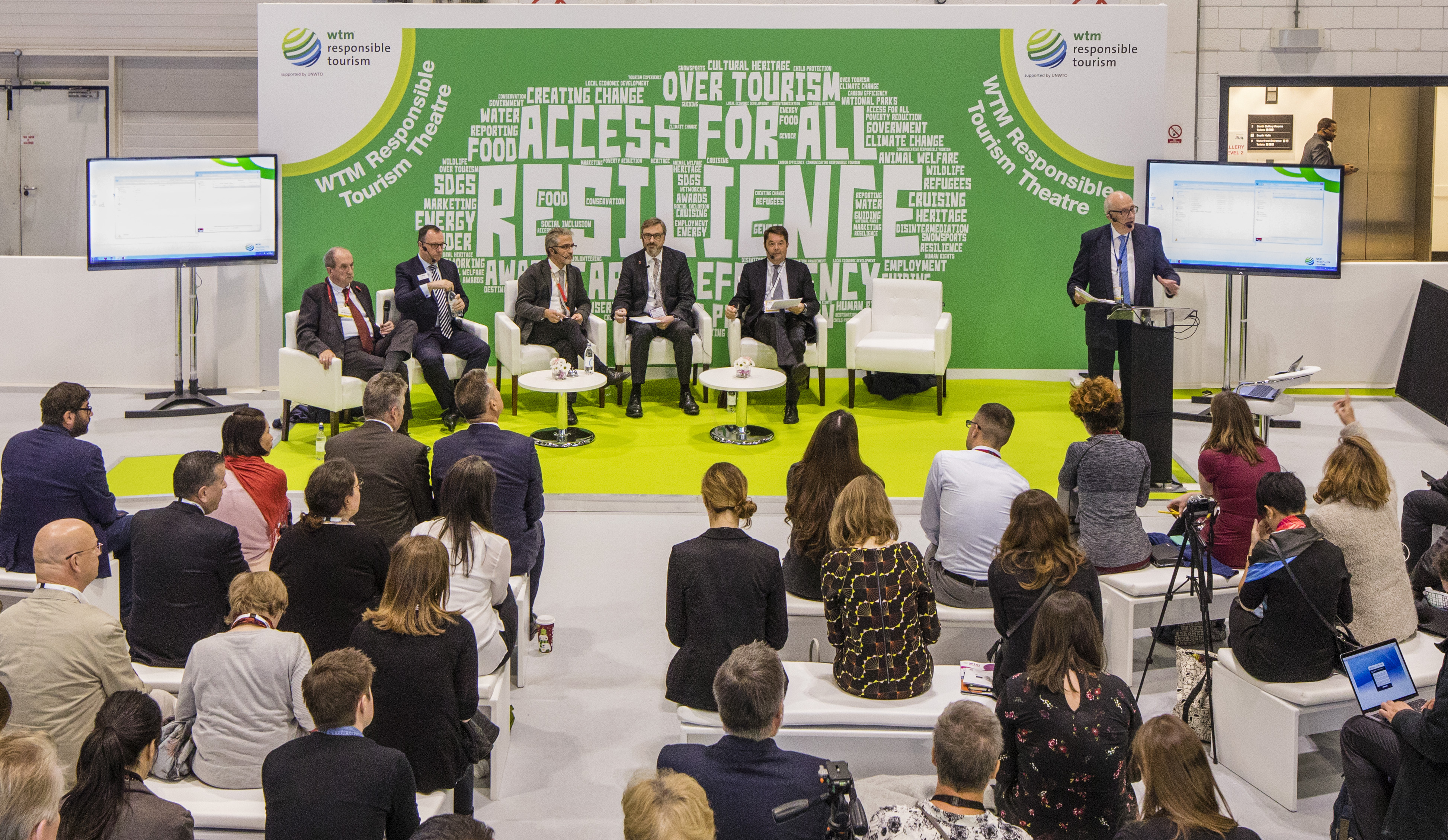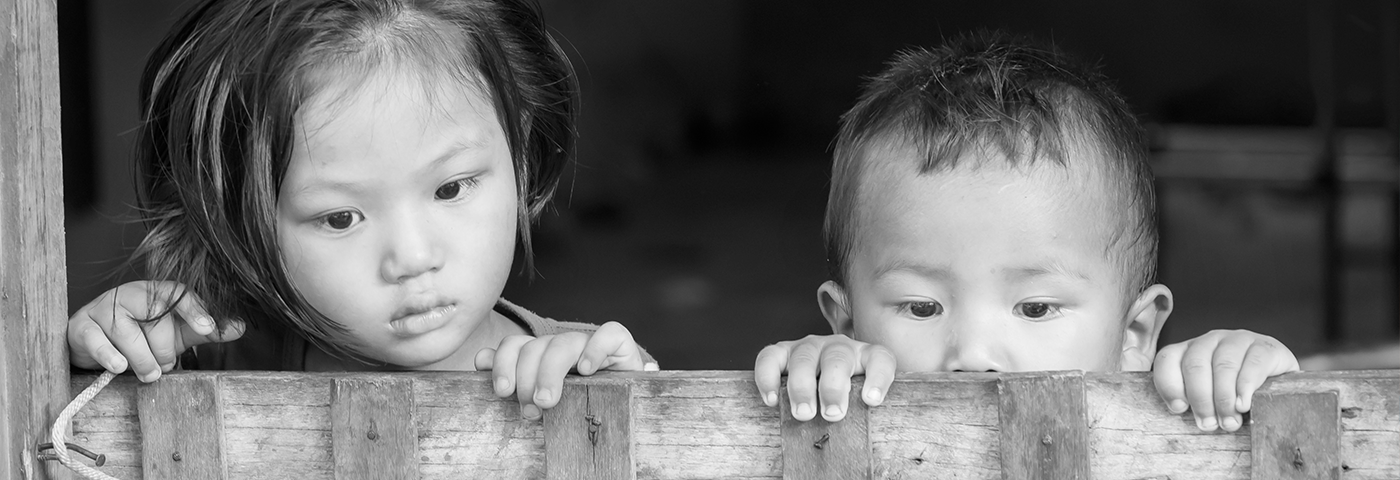Responsible Tourism is about taking responsibility to address the issues that matter whether in a particular place or one that occurs in many areas. This year in WTM’s World Responsible Tourism Awards we are looking for examples of campaigns which have achieved change through tourism.
In November 2011 at WTM London, Michael Horton of ConCERT in Cambodia raised the issue of tourism’s role in fuelling the orphanage industry in Siem Reap. Horton argued that by bringing travellers and tourists to Siem Reap, tourism has inadvertently played a significant role in creating demand for orphanages from visitors and volunteers who want to make a difference. The unscrupulous have fed the enthusiasm of people to help children. Orphanage owners have seized the opportunity and children have become an asset, with ‘orphan’ children being used to secure payments from tourists who want to make a difference. 72% of the children in Cambodian orphanages were reported not to be orphans. Tourists have unwittingly encouraged child trafficking, resulting in children being removed from their parents and being subject to abuse. Find out more on child protection here.

Lumos, the charity established by J.K.Rowling, is campaigning so that all children have the opportunity to grow up and thrive in a safe and caring family. Lumos argues that “children are essentially used as bait to persuade well-meaning tourists to give their time, commitment and money.” Travel and tourism unintentionally fuels child trafficking to benefit the orphanage owner. More on Lumos here.
There have been panel discussions about orphanages, child protection and paedophilia at WTM trade shows since 2011 and we’ve seen many organisations that send volunteers abroad and hotels and operators reducing or ceasing their engagement with orphanages.
Recently TUI responded to the various campaigns against child trafficking and have taken action to ensure that their programmes do not contribute to the exploitation of children. In the Group’s Anti-Slavery Statement they acknowledge that “Active recruitment of children into orphanages for the purpose of profiting through foreign aid and volunteerism is a form of child trafficking and modern slavery.” “In response to a campaign to counter child trafficking in orphanages”, TUI has acted to ensure that no orphanages are offered in TUI excursions. The 2018 Service Manuals for Destination Experiences prohibit orphanage visits and school visits during school hours.
When large companies take action, the impacts are naturally larger, in the World Responsible Tourism Awards we are looking for campaigns which have successfully addressed social, environmental and economic issues. The scale of the impact is not the only, nor necessarily even the major consideration, we look for examples which inspire, educate and challenge others to do more. If you have been involved in a Responsible Tourism campaign then apply for this year’s Award and encourage others to do so. Find out more here.



